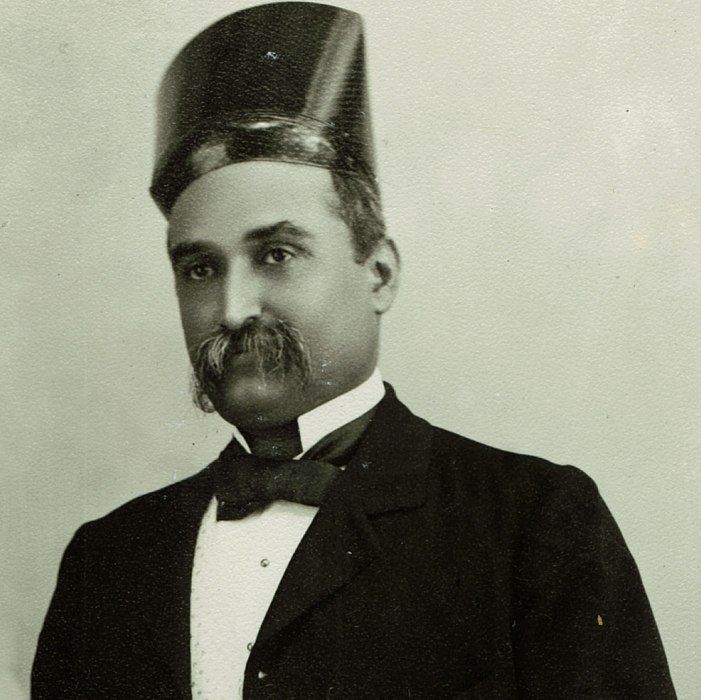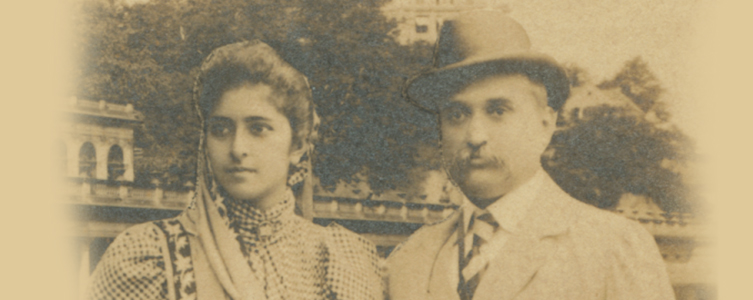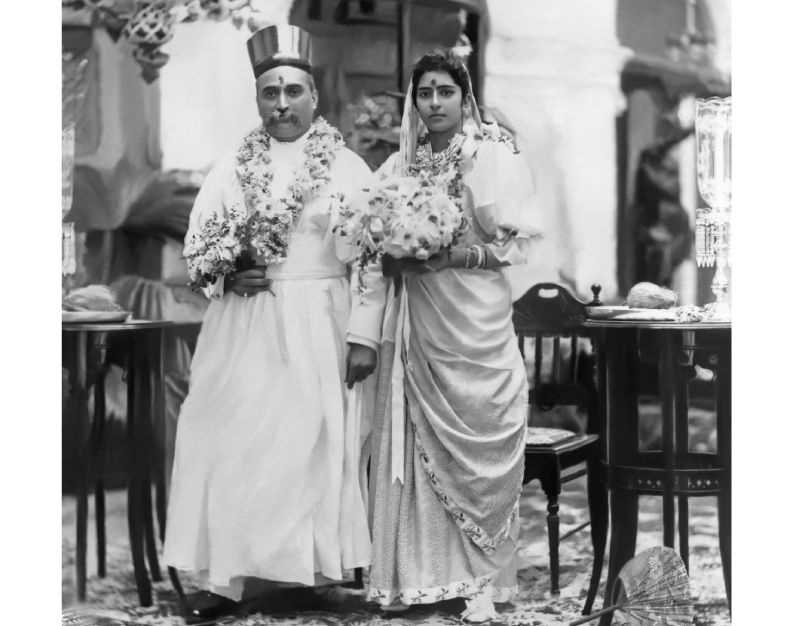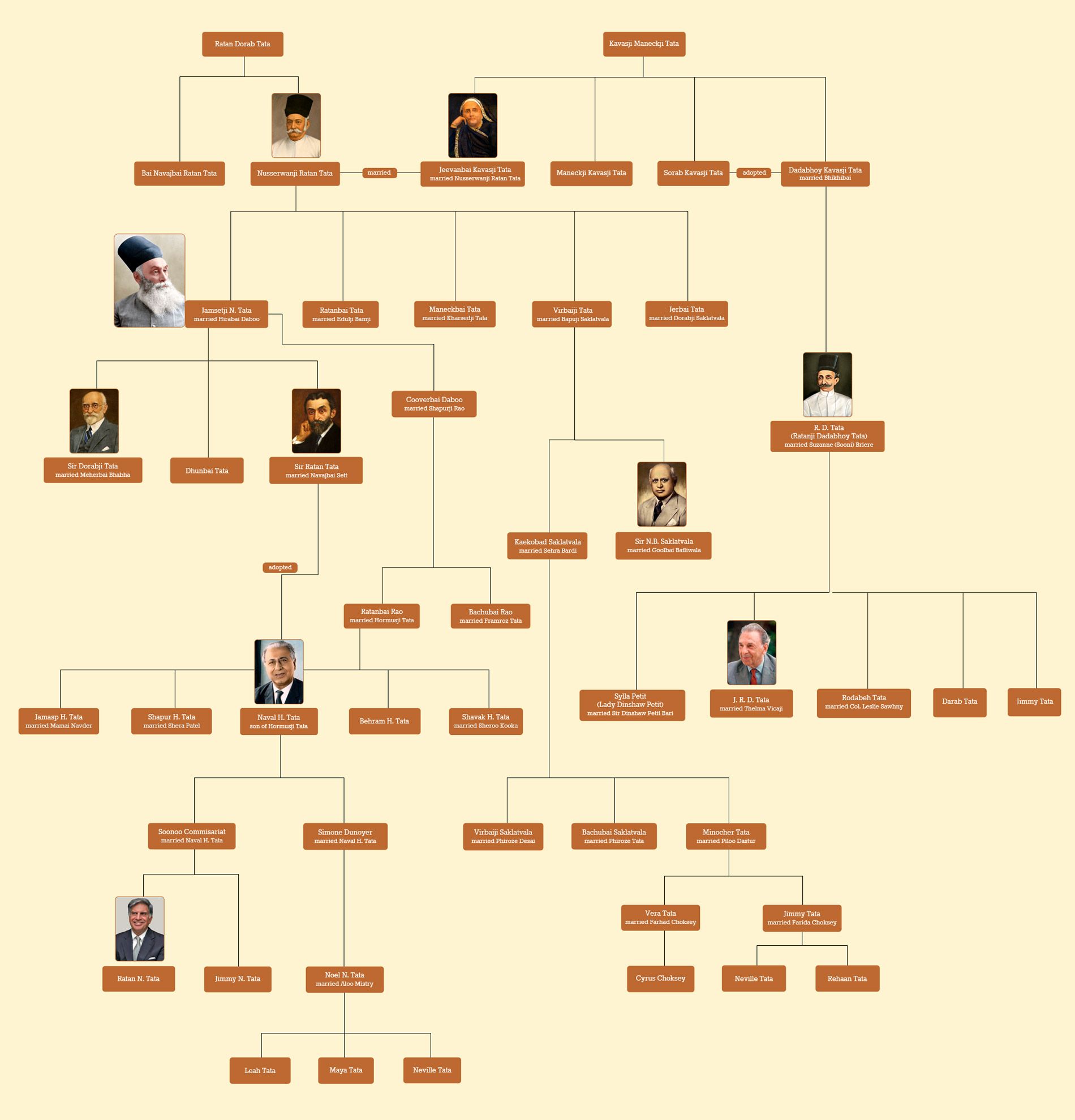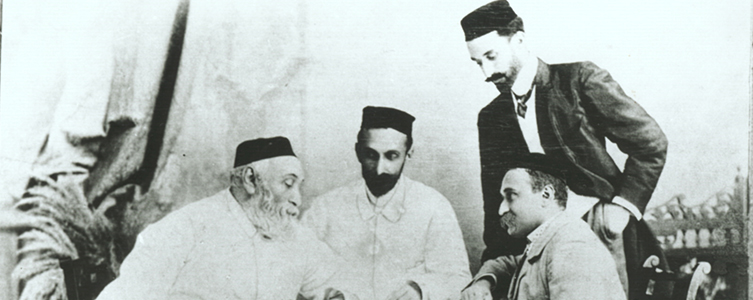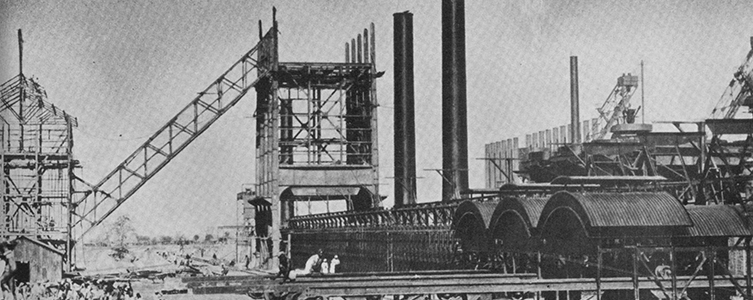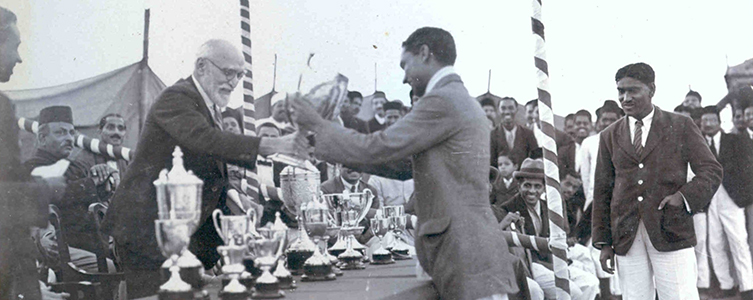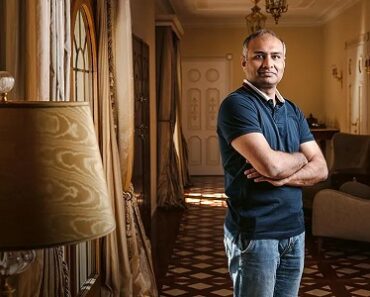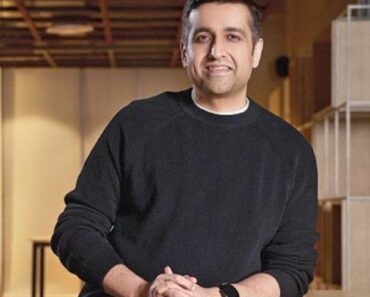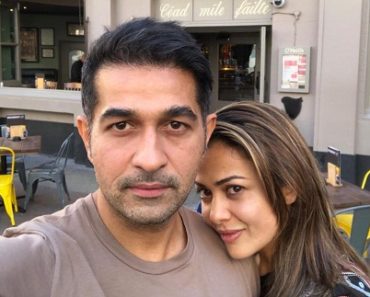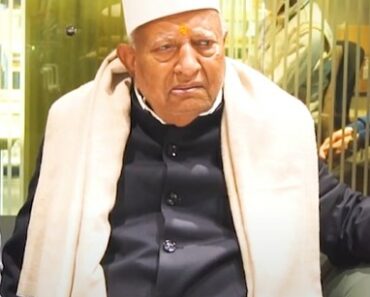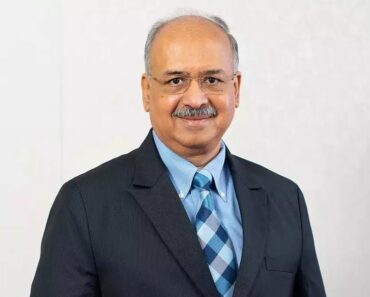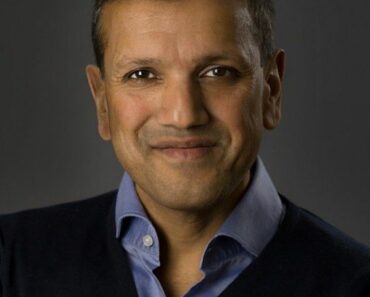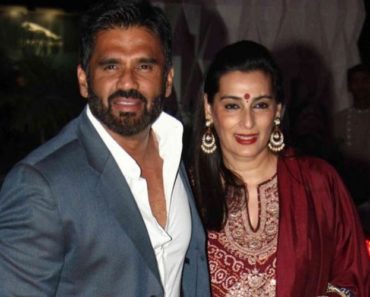Dorabji Tata (1859-1932) was an Indian industrialist and businessman. He was a philanthropist, sports enthusiast, and entrepreneur who initiated major developments in the Tata Group. He was a pioneer who was knighted for his business achievements in British India. He established the nation’s first steel plant in Nagpur and the first hydroelectricity station in the Western Ghats. [1]Tata Steel He was in grief after his wife’s death and passed away on 3 June 1932 in Bad Kissingen, Germany.
Contents
Wiki/Biography
Sir Dorabji Tata was born on Saturday, 27 August 1859 (age 72 years; at the time of death) in British India. He went to the Proprietary High School, Bombay (now Mumbai) for his primary education. In 1875, he was sent to Kent, England to study under a private tutor. Two years later in 1877, he was sent to Gonville and Caius College, Cambridge. He discovered his love for sports when he was in England. He was a sports enthusiast, who won many trophies and awards in cricket and football. He was also good at tennis in college, was an expert rower, and a skilled horseman. He returned to Bombay, India in 1879. He went to St Xavier’s College and earned a Bachelor of Arts degree in 1882. [2]TATA
Family & Ethnicity
Dorabji belonged to a Parsi Zoroastrian Family.
Parents & Siblings
He was the elder son of Jamsetji and Hirabai Tata. His father was a renowned businessman who was the founder of Tata Group, and his mother was a homemaker. He had a younger sister named Dhunbai Tata and a younger brother named Ratanji Tata. [3]Tata Central Archives
Wife & Children
At the age of 38, he married the beautiful Meherbai Bhabha, the daughter of HJ Bhabha, inspector general of education of the erstwhile Mysore state. His father chose her, and the two entered into an arranged marriage. Meherbai and Dorabji Tata were a happily married couple and had no children.
Family Tree
Click here to learn more about the Tata family.
Career
After completing his graduation, his father, Jamsetji, encouraged him to gain experience in Journalism. He followed his father’s advice and began working as a journalist at the Bombay Gazette’s newspaper. Later, his father gave him a chance to prove himself in business when he allowed him to set up a textile project in Pondicherry. After achieving this goal, he was sent to look after the Empress Mills in Nagpur, India. Jamsetji had three dreams which he wished his sons to fulfill. These three dreams were:
- Setting the Indian Institute of Science to educate the future generations of India
- Setting up a steel plant
- Setting up a hydroelectric plant
Dorabji Tata, along with his brother Ratanji Tata, decided to fulfill their father’s dream and invested his life in the growth of the Tata Group.
He laid the foundation of TATA Steel, which was then known as the Tata Iron and Steel Company Limited (TISCO) in 1907. He invested in every detail of his business and accompanied the scientists and researchers to the mineral fields to discover iron and left no portion of the land untouched. With his intelligence and business sense, he survived a major business crisis that emerged after the First World War. The situation became so critical that TISCO did not have enough money to pay wages to their workers.
That was when Dorabji Tata kept all his wealth at stake to secure Rs. 1 crore loan. With this loan investment and support from Jawaharlal Nehru and Mohammed Ali Jinnah, the future leaders of India and Pakistan, he survived the crisis. At the time of his father’s death, the Tata Group had three textile mills and a hotel (Taj Mahal Hotel) in Bombay. Under the leadership of Sir Dorabji Tata, the company diversified into various units. This included a Steel Plant, the largest industrial unit during British rule. He started three electric power companies, one large edible oil, and soap company, an aviation unit, a leading insurance company, and two cement companies [4]TATA Sir Dorabji once said,
To my father, the acquisition of wealth was only a secondary object in life; it was always subordinate to the constant desire in his heart to improve the industrial and intellectual condition of the people of this country…Kind fate has…permitted me to help in bringing to completion, his inestimable legacy of service to the country.” [5]Tata Steel
A great Philanthropist
Like his father, he had a kind heart for all his workers and introduced initiatives like accident compensation, maternity leave, 8-hour workday, free medical aid, and provident fund for all his employees. He invested vastly in disaster relief, learning and research, education, and other CSR activities. He also donated a massive amount to the University of Cambridge and the Oriental Research Institute to install a chair for Sanskrit Studies. With his love for sports, he financed two wrestlers and four athletes in the Antwerp Olympics in 1920. He also became the president of the Indian Olympic Council and made a significant contribution to the Indian Olympic Movement. In 1924, he financed the Indian players participating in Paris Olympics. After the death of his wife, Dorabji invested in Lady Tata Memorial Trust for researching the diseases of the blood. It is believed that he invested all his wealth in this trust, and it was later named as Sir Dorabji Tata Trust. [6]Tata Steel 100 He also did the initial funding for India’s scientific and engineering research institution known as the Indian Institue of Science, Banglore.
Interest in Sports
Sir Dorabji had a keen interest in sports and was a skilled sportsman since his childhood. He was a good tennis player, expert rower, and horseman, who won honours in cricket and football.
Awards, Honours, Achievements
In 1910, he was knighted by King Edward VII for his contribution to Industries in British India. [7]Tata Steel
Death
Sir Dorabji’s wife died of leukemia in 1931, and Dorabji Tata was left in grief. A year later, on 3 June 1932, he passed away in Bad Kissingen, Germany, and was buried next to his wife, Meherbai, at the Brookwood Cemetery in Woking, England. [8]Tata Steel 100
Facts/Trivia
- Dorabji’s company Tata Steel supplied 290,000 tons of steel for the First World War to the Britishers and that is when the British government renamed Sakchi to Jamshedpur. [9]Tata Steel
- Dorabji Tata commenced his career as a journalist in Bombay Gazette’s newspaper. [10]Tata Steel 100
- In the 1920s, TISCO went through a severe market crisis, and he kept all his wealth at stake to save it.
- In 1910, he provided clean and cheap energy to Bombay through hydroelectric power generation, decades before the concept of clean energy became popular. [11]Penguin

